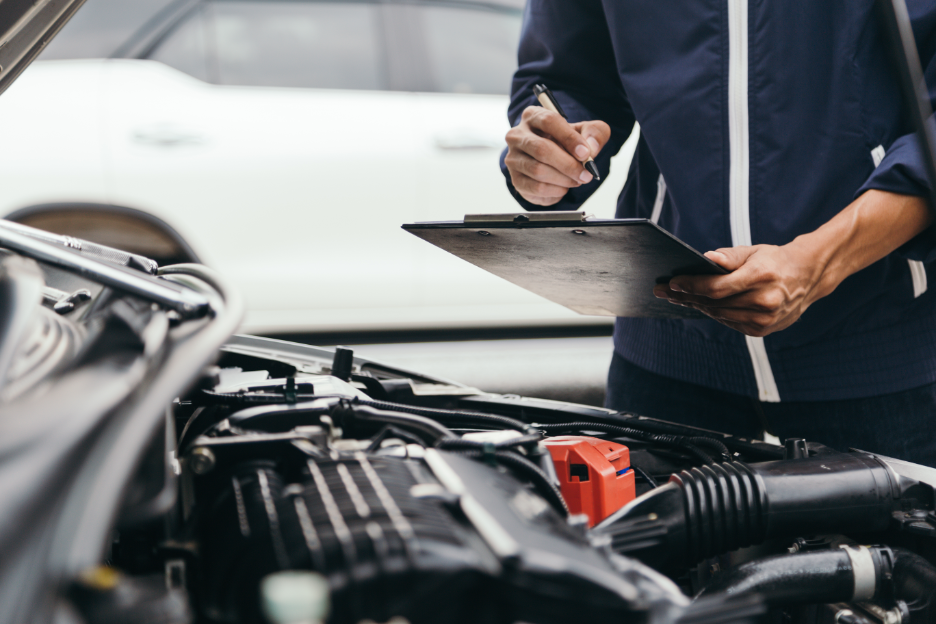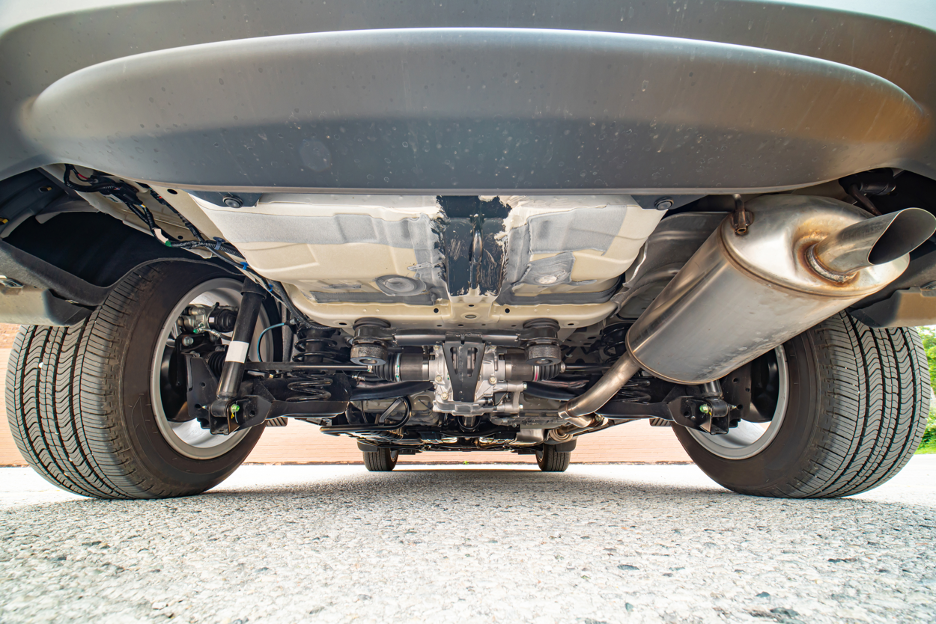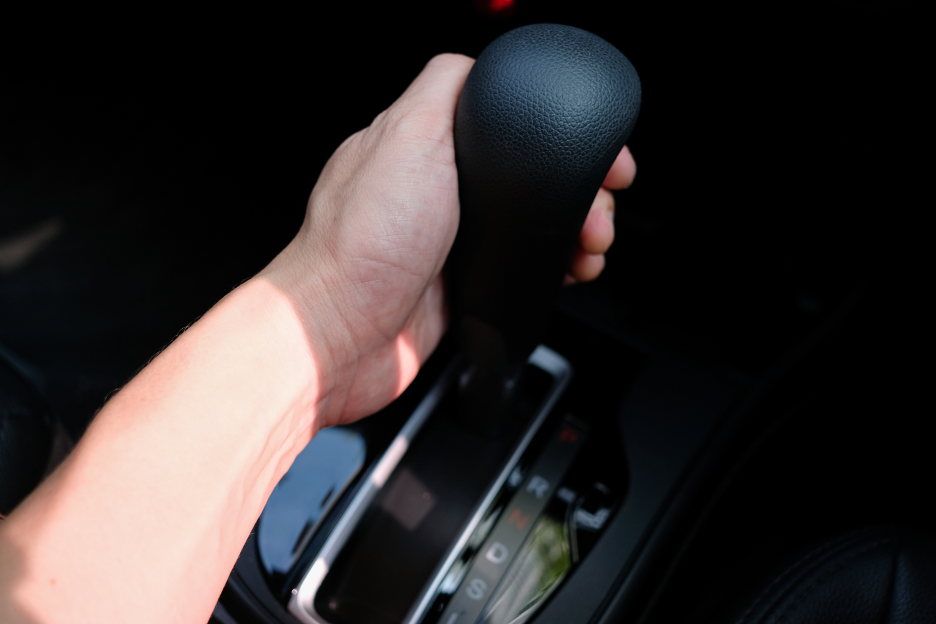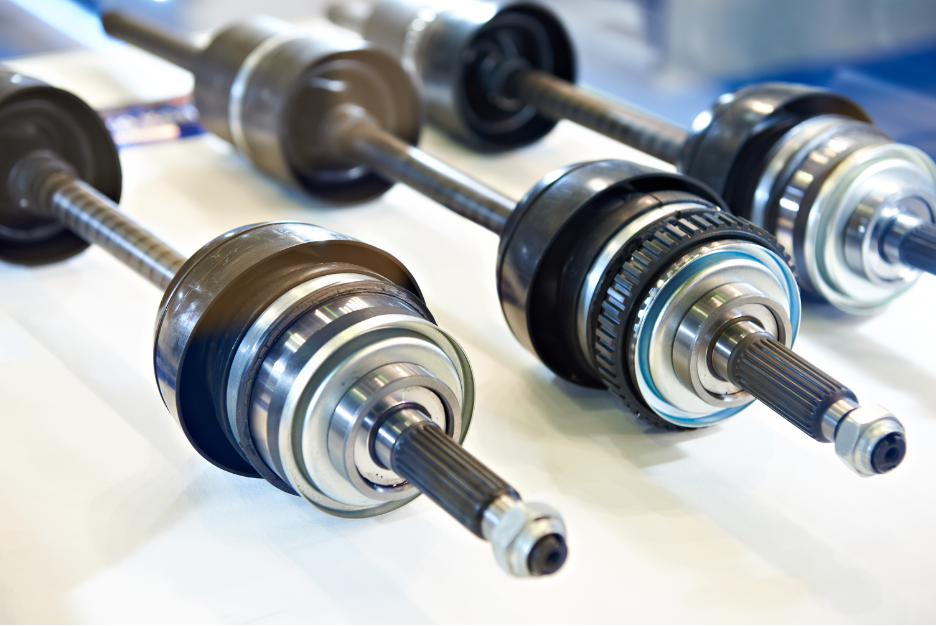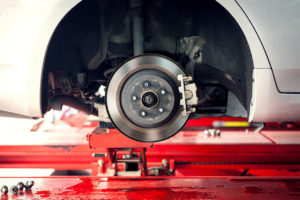 While every part of your vehicle receives some amount of wear and tear, perhaps no part of your vehicle receives as much wear and tear as its brakes.
While every part of your vehicle receives some amount of wear and tear, perhaps no part of your vehicle receives as much wear and tear as its brakes.
Brakes are, after all, put in a position where they’re required to withstand a great deal of friction. As time passes by, this friction starts to have an adverse effect on your brakes.
When brakes wear down, the first thing to go are their pads. How do you know if your car needs new brake pads? By looking out for these signs:
1. Screeching Noises
While it’s not always the case, brakes which make a screeching sound when they’re applied are typically suffering from worn down brake pads.
An exception to this might be if your brakes are making such noises in inclimate weather conditions such as rain and snow. Having moisture present between the brakes can often cause an irritating, high-pitched noise.
But if the roads are dry and you’re hearing a squealing or screeching noise while braking, it’s probably time to install new brake pads. This screeching sound is actually designed to occur in order to warn you of worn down pads.
2. Slow Stopping
When you go to press down your brake pedal, do you notice it being slightly less responsive than it once was? Is it taking you longer to slow down that it once did? If so, worn down brake pads could be the culprit.
Known as brake fade, this occurs because the brakes grow to be too hot. Brake pads are installed to prevent this heat and will do so as long as they are sufficiently intact.
However, once the brake pads have lost their friction, they will no longer serve their purpose. This will cause the brakes to heat up, making it more difficult to stop in the desired amount of time.
If you let this go on long enough, you may lose control of your vehicle.
3. Vibrating Brake Pedal
Another sign that you need new brake pads is if your brake pedal vibrates vigorously as it’s being pushed down. This is in no way normal, and should be thoroughly checked out as soon as it is noticed.
While brake pads are not always the reason for this, they are often the reason. The reason that brake pads may cause this vibration is that, after they’ve been worn down, their exterior materials slowly spread across the brakes.
If their materials are spread out in a bumpy or rough manner, they will result in a very bumpy friction with the brakes. Bumpy friction equals vibration, and vibration at the brakes equals vibration at the brake pedal.
4. Thin Brake Pads
The last way to know whether or not you need to get new brake pads is by giving your current brake pads the eye test.
You can catch a glimpse of the pads by peeking at them through the spokes of your wheels. They will be located upon the rotor of the tire.
If the pads appear to be ¼ of an inch or less thick, they are likely worn down to the point that they need to be changed. At that point, get them into a mechanic to rectify the problem.
Does Your Car Need New Brake Pads?
If your car is displaying one or more of the signs above, it might very well be time for a new set of brake pads. At the very least, you should have your vehicle inspected by a professional.
Live in the Chicago and Elmhurst areas? If so, we here at King Transmission have got you covered. Our team of mechanics is well-versed in inspecting and replacing brake pads and other brake implements. Visit us and we’ll have your vehicle and brake pads road-ready to go in no time.
Contact us to schedule an appointment!


